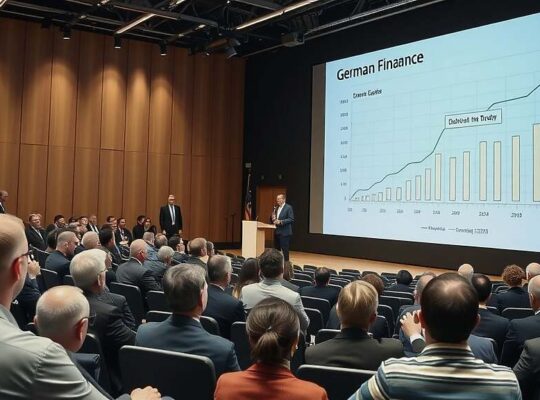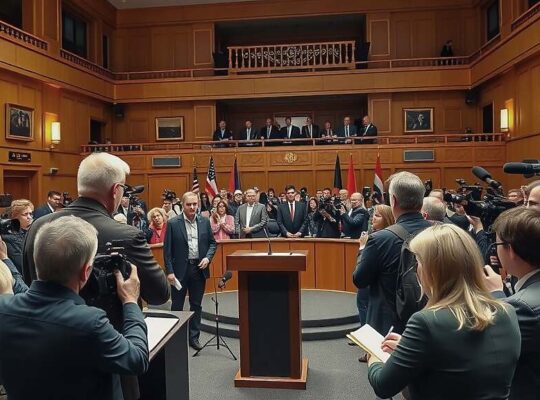Berlin’s pursuit of hosting the 2040 Olympic Games is sparking renewed debate and raising critical questions about Germany’s historical responsibility and its relationship with international sporting events. Sport Minister Christiane Schenderlein, of the Christian Democratic Union (CDU), has publicly voiced her support for a bid, despite the deeply problematic legacy of the 1936 Berlin Olympics, which were infamously exploited by the Nazi regime for propaganda purposes.
Schenderlein acknowledged the sensitivity surrounding the proposal, stating that the issue is “being controversially discussed” yet emphasized the government’s openness to considering a bid. She framed the potential candidacy as an opportunity to demonstrate Germany’s openness and transparency on the international stage, particularly highlighting the symbolic significance of linking the Games to the 50th anniversary of German reunification.
The Minister’s advocacy for a German bid comes amidst a competitive landscape, with Hamburg, Munich and the Rhein/Ruhr region also vying for the opportunity. The government intends to actively support the selection process, aiming to ensure the strongest possible concept represents Germany in the international competition.
A particularly contentious aspect of the proposed bid centers on the potential lack of a public referendum in Berlin. Schenderlein dismissed the necessity of a citizen vote, referencing constitutional limitations, suggesting that any citizen initiative would need to be self-organized rather than mandated by the government. This stance has already drawn criticism from opposition groups and civil society organizations, who argue that such a significant undertaking requires broad public consent and a democratic process.
Beyond the symbolic and political considerations, Schenderlein emphasized the government’s ambition to leverage the Games as a catalyst for modernization and infrastructure development, aiming to create a “remarkable host experience” for athletes and solidify Germany’s sporting prowess. However, critics question whether the financial and societal benefits of hosting the Games would outweigh the potential risks, particularly concerning the precedent set by the 1936 Olympics and the necessity for a nuanced and honest reckoning with Germany’s past. The initiative reveals a potentially conflicting agenda: a desire to project a forward-looking, progressive image alongside a deliberate circumvention of direct democratic participation, raising concerns about the legitimacy and public acceptance of the bid.












